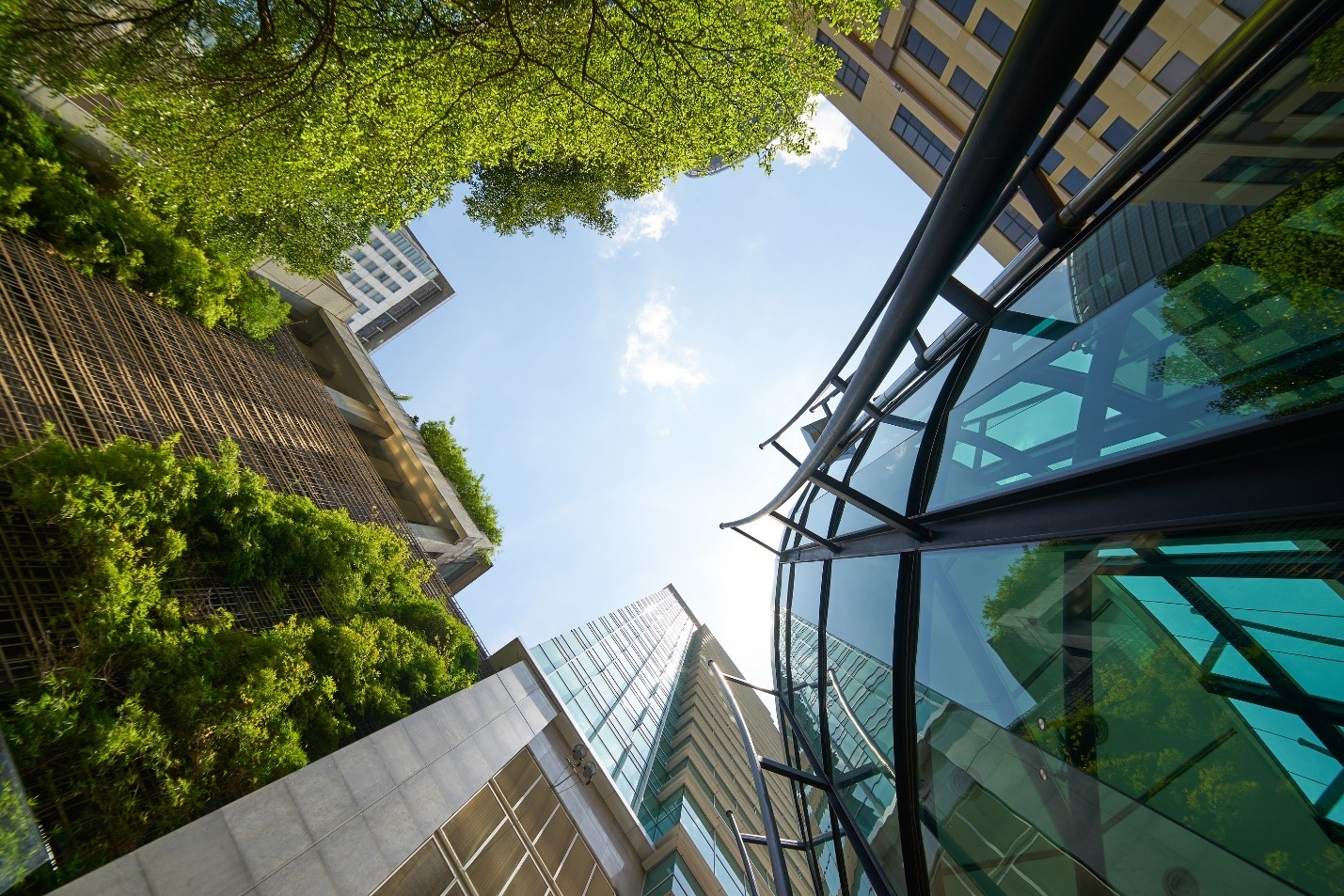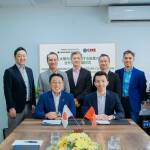
The greatest challenge for helping enterprises in Vietnam achieve sustainable development and the net zero target by 2050 is to adopt a suitable policy to attract more green loans.
Green loans trickle in
In 2022, the green, social, and sustainability loan market in ASEAN declined by 32% compared to the previous year. This decline was consistent with the global trend, which saw a 24% decrease in the market, amounting to around US$860 billion, according to Climate Bond’s report on green bonds and sustainable finance in six ASEAN countries: Indonesia, Malaysia, the Philippines, Singapore, Thailand, and Vietnam.
In Vietnam, the report indicates that green and sustainability loans were issued in 2022, with five deals from various issuers. The largest among them was a US$500-million green loan issued by VinFast, a subsidiary of Vingroup.
According to a report by the Bank for Investment and Development of Vietnam (BIDV) Training and Research Institute, green loans amounted to around VND500 trillion by the end of 2022, accounting for 4.2% of the total outstanding loans. From 2017 to 2022, green loans grew at an annual rate of over 22%.
However, the research team assessed that the size of green loans in Vietnam is still relatively small. Moreover, the main beneficiaries of these loans are primarily limited to certain sectors, with 47% of the loans being offered to projects in renewable energy and clean energy.
The market has also witnessed significant efforts from credit institutions to seek cooperation opportunities with international organizations, diversify preferential lending for green projects, and develop policies and systems to facilitate the creation and deployment of green and sustainable financial products.
Meanwhile, foreign financial institutions continue to invest in transitional projects. Standard Chartered Bank recently announced a US$25-million commercial loan to support the transition process of Tung Ho Vietnam, a steel company belonging to Taiwan’s largest EAF (electric arc furnace) steel maker. The company uses steel scrap and reprocessed steel as feedstock, consuming less energy and reducing carbon dioxide emissions by about 75%.
Last February, Citi arranged and structured a loan for the “water purifiers for schools” project, which aimed to provide purified water access to two million children. This project was linked to a World Bank emission reduction bond. In May 2022, Citi completed its first voluntary carbon credit deal as a buyer of carbon credits from a cooker and water purifier producer and distributor.
Currently, the mobilization of green capital worldwide is progressing slowly due to higher interest rates. Additionally, the lack of clarity in defining what is considered “green” and concerns about “greenwashing” have made investors cautious, despite the need for substantial green investments to achieve the emission balance target by 2050, as stated by David Liao, Co-Chief Executive of HSBC Asia Pacific.
Nevertheless, bond issues in ASEAN remained robust in general, amounting to twice as much as in 2020. The market has also experienced positive developments, with an increase in government bond issuances and improvements in legal and professional frameworks.
In need of a comprehensive, consistent policy
According to Climate Bonds’ report, 2022 was a dynamic year for the ASEAN in terms of policy and market development initiatives. These initiatives included the launch of the standard system for ASEAN sustainability-linked bonds and stakeholder consultations on the first version of the ASEAN Taxonomy throughout the year. ASEAN countries also introduced numerous initiatives and solutions for sustainable finance at the national level, such as information disclosure, financial transition, and taxonomies.
“The ASEAN sustainable financial market is experiencing a crucial period of change. Government bond issues have become more common, indicating the strong interest of regional governments in market development,” said Kelvin Tan, CEO and Head of Sustainable Finance and Investments of HSBC ASEAN.
Although Vietnam has the smallest loan market among ASEAN 6, the country’s loan mobilization has become more diverse over the past two years with the issuance of the first green bonds (previously, only green loans were issued), sustainability bonds, and SLL (sustainability-linked loans).
An important development is the Just Energy Transition Partnerships (JETP) deal with initial funding of US$15.5 billion. This multilateral financial agreement aims to support Vietnam’s energy transition and address the social consequences during the process.
Tim Evans, CEO of HSBC Vietnam, stated that this year the bank has joined the working group of the Glasgow Financial Alliance for Net Zero to coordinate with the Vietnamese Government in mobilizing private capital for the agreement. In early 2022, HSBC pledged to arrange up to US$12 billion in direct and indirect financing for Vietnam and businesses until 2030. Many financial packages have been disbursed shortly thereafter.
The State Bank of Vietnam (SBV) has shown interest in green credits and has incorporated environmental risk management into the credit activities of banks. Additionally, the Government has approved a national program to help private enterprises achieve sustainable business development until 2025.
However, Vietnam still lacks a legal framework and a comprehensive, consistent policy for deploying green credit, as well as environmental criteria and promotion and risk management tools for commercial banks. The report highlights that credit institutions face difficulties in developing processes, rules, mechanisms, preferential policies, and products for enterprises in this area due to the absence of a legal framework for social, environmental, and green credit management.
The construction and improvement of the legal framework for two of the ESG (environmental, social, and governance) standards, social and environmental credit management, are currently underway.
During a workshop on attracting resources for green and sustainable development co-organized by the SBV in August last year, the CEO of HSBC Vietnam highlighted the challenges that many enterprises face when developing the circular economy, an important theme of sustainable development. He emphasized the lack of clear guidelines and regulations for emission control and the definition of “green” in specific areas.
The early resolution to this problem is the development of a suitable policy. According to Liao, regulatory agencies and the financial services sector should focus on increasing market transparency and standardizing reporting on ESG risks. However, regulations should be drafted carefully to avoid inconsistencies and lack of clarity. The introduction of too many specific criteria for green products or fragmented gatherings would reduce market efficiency and discourage issuers and investors.
“Green finance is still in its infancy. The city or market that can attract more ESG-conscious investors will gain a first-mover advantage,” commented Liao.
(Source: Saigon Times)




